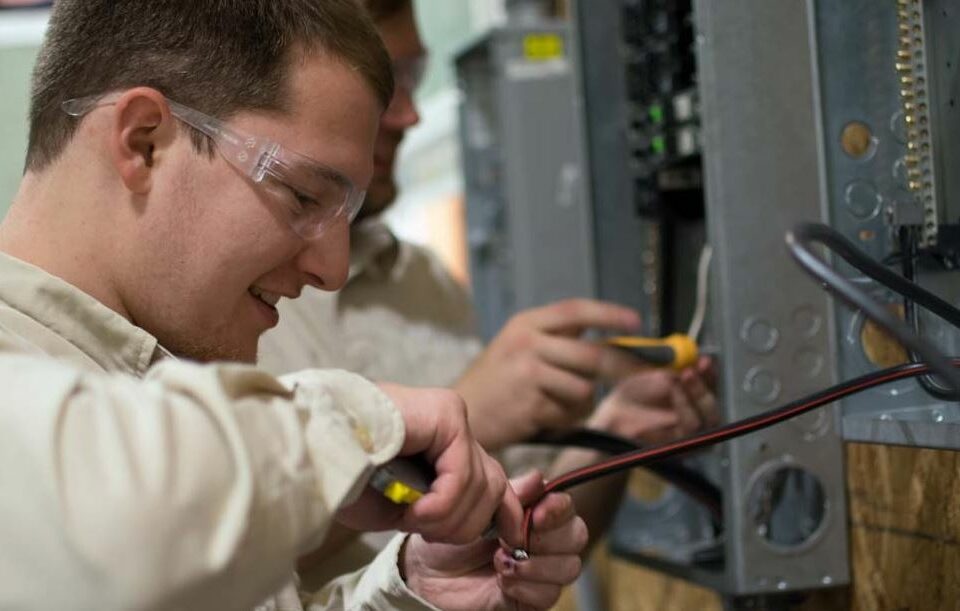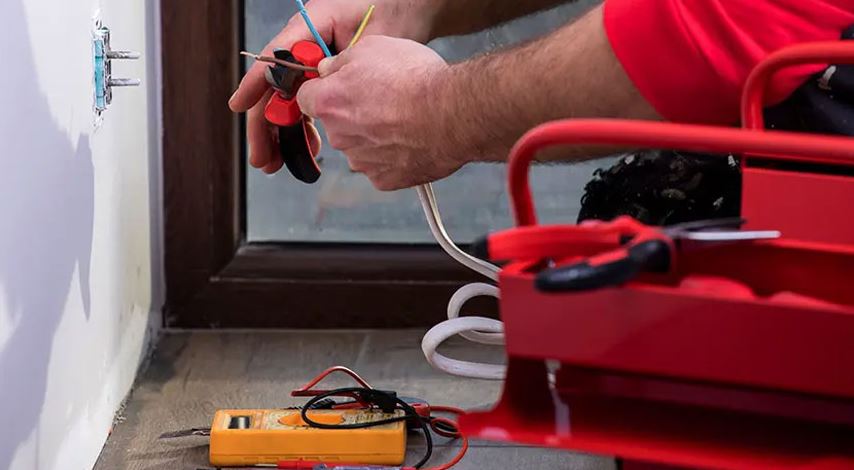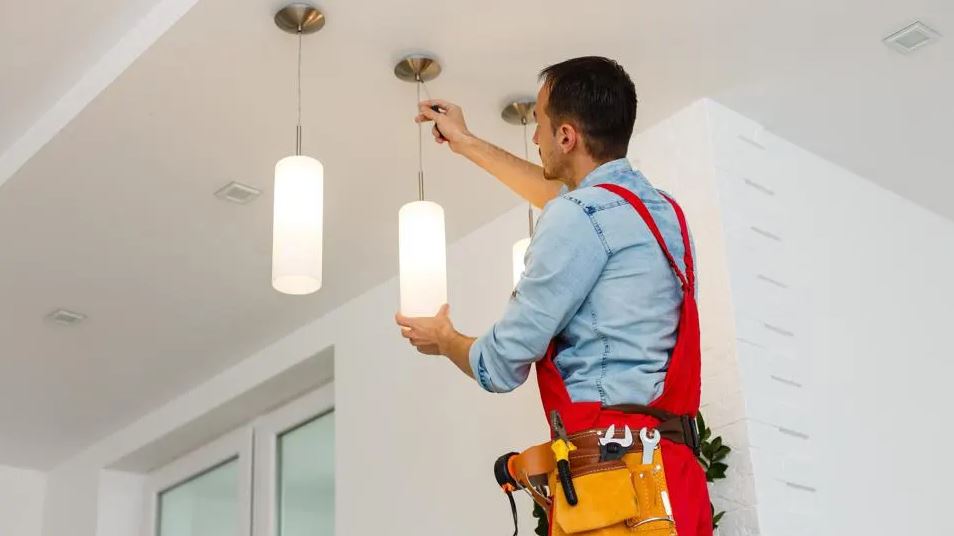What Are The Most Typical Electrical Issues In Residential Structures, And How Can A Residential Electrician Resolve Them?

The Advantages Of Employing An Expert Residential Electrician
July 21, 2023According to the Electrical Safety Foundation International, home electrical fires account for an estimated 51,000 fires each year, nearly 500 deaths, more than 1,400 injuries, and $1.3 billion in property damage. This alarming statistic illustrates the gravity of potential electrical issues in residential buildings.
Undeniably, these structures are often plagued with a wide array of electrical problems that can range from minor inconveniences to severe safety hazards. With the vast number of appliances and electronic devices used in modern homes today, it is crucial to understand these issues fully.
Enter the role of a residential electrician: a professional dedicated to ensuring proper electrical operations within households. These experts possess comprehensive knowledge about different types of residential wiring systems and are well-versed in diagnosing and resolving common household electrical glitches efficiently and safely.
In fact, many homeowners may not be aware that seemingly innocuous power fluctuations or frequently tripped circuit breakers could indicate deeper underlying issues that only a qualified electrician can address. Therefore, understanding these typical faults is not just informative but can also contribute significantly towards creating safer living spaces for everyone.
Common Electrical Problems in Homes
Frequent electrical issues in residential properties often encompass circuit overload, faulty wiring, frequent electrical surges, and diminished power outlets, necessitating the expertise of a residential electrician for their comprehensive resolution.
Circuit overloads are typical in homes with inadequate power supply or those using multiple high-wattage devices simultaneously. This problem manifests as frequently tripped breakers or blown fuses.
Similarly, faulty wiring is commonplace in older homes that have not had an electrical system update in decades. Faulty wiring poses a significant fire hazard and can lead to electrocution if not addressed promptly.
Electrical surges, which may result from lightning strikes or damage to power lines and appliances in the home, can significantly reduce the lifespan of appliances and electronic devices within residences. Moreover, these surges can be indicative of more serious underlying issues within the home’s electrical system that require immediate professional attention.
Diminished power outlets also pose a common challenge in many residences due to increased dependence on various electronic devices such as computers, televisions, air conditioning units among others. This issue often leads to extensive use of extension cords and multi-plug adapters that might exacerbate problems like circuit overloading.
Addressing these prevalent residential electrical issues calls for precise detection followed by effective troubleshooting – a task best left at the hands of trained professionals like residential electricians. They possess expansive knowledge on diverse aspects related to electricity coupled with practical skills for safe handling of complex tasks linked with repairs and upgrades of existing systems or installation of new ones. Their services are instrumental in preventing potential hazards associated with DIY attempts while ensuring efficient operation of all household electronics and appliances hence fostering comfortability within homes.
Role of a Residential Electrician
Integral to maintaining a safe and functional home environment, a professional in the field of domestic electrical services is responsible for diagnosing and rectifying myriad power-related complications.
A residential electrician’s duties often include installing, repairing, and maintaining electrical systems in homes. This encompasses tasks such as wiring or rewiring electrical fixtures, checking circuit breakers and transformers, troubleshooting malfunctioning systems, ensuring compliance with safety standards, or even planning the electrical layout for new construction projects.
Beyond their technical prowess in handling complex electrical issues, residential electricians also play an integral role in advising homeowners on how best to optimize their energy usage while maintaining high levels of safety standards. They can provide insightful recommendations on energy-efficient appliances, suggest ways to minimize current overload which could lead to frequent trips of the circuit breaker or even share strategies for reducing overall electricity consumption without compromising the comfort level within the home.
A competent residential electrician employs diagnostic techniques that accurately pinpoint underlying problems before embarking on repair work. This approach not only ensures that solutions are targeted but also avoids unnecessary effort and expenditure on irrelevant fixes.
Furthermore, regular maintenance checks conducted by these professionals can help detect potential hazards early; this proactive stance significantly reduces risks associated with faulty wiring or defective appliances. Thus it is clear: a residential electrician’s role transcends mere problem-solving – they contribute fundamentally toward creating safer households while enhancing energy efficiency.
The Advantages Of Employing An Expert Residential Electrician





